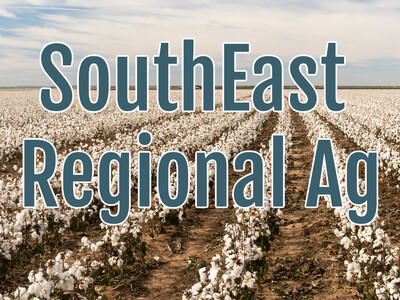Lagging Broadband & Mountain Lion Attack
Lagging Broadband & Mountain Lion Attack plus Food Forethought. I'm Greg Martin with today's Northwest Report.There are times I take my high speed internet access for granted. Sort of like taking the phone for granted. But in rural areas the options to take broadband may not even be there. John Padalino, Administrator of USDA's Rural Utilities Service, recently told a House Agriculture Subcommittee that rural areas are still lagging far behind urban areas in access to broadband and in use of broadband.
PADALINO: Rural areas remain behind in broadband access. A 2012 study showed that 14.5 million rural Americans living in 6.5 million rural households, nearly 1/4 the rural population lacked such access. Rural areas also remain behind non-rural areas in adopting available broadband. For example, Mississippi has a 26% gap between urban and rural broadband adoption.
We've heard recently of wolf attacks but a mountain lion has attacked a horse in northern Spokane County. The attack took place near Camp Gifford and authorities say that if the mountain lion is found, it will be destroyed. The horse had to be put down after the attack. According to the Department of Fish and Wildlife the hot, dry weather have brought the mountain lion down out of higher country. Conditions will make it hard to track the animal.
Now with today's Food Forethought, here's Lacy Gray.
The U.S. Court of Appeals for the District of Columbia upheld COOL this week, the mandatory country of origin labeling for meat that will tell consumers where the animals providing the meat were born, raised and slaughtered. Those within the livestock industry have been divided over the rule with some saying that COOL will create more problems for their industry and increase costs for processors, retailers and consumers, while others support the new rule stating that it will bring the U.S. into compliance with the global trade body. COOL will require that each production step of the animal be printed on the labels of muscle cuts of meat, and will also stop the packaging facility practice of mixing together livestock from multiple countries and labeling the meat from those with the same label. James H. Hodges, interim president for the American Meat Institute, says the group maintains that "the country of origin rule harms livestock producers and the industry and affords little benefit to consumers". It remains to be seen whether the group will now appeal to the U.S. Supreme Court.
Thanks Lacy. That's today's Northwest Report. I'm Greg Martin on the Ag Information Network.















